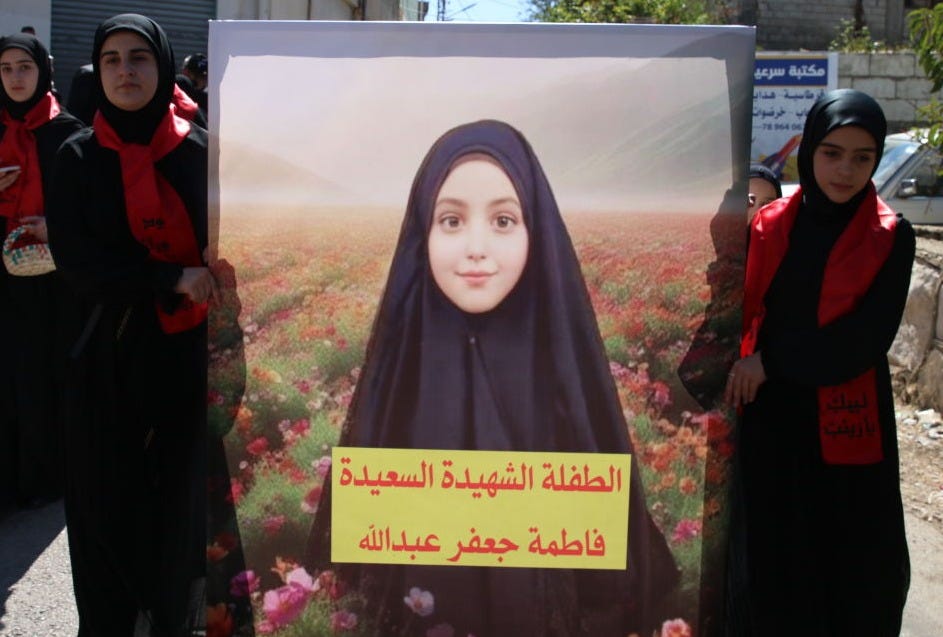Yes, Israel's Pager Attack in Lebanon Was Terrorism
The pager detonations appear to be the opening salvo in a frightening escalation by Israel against Hezbollah.

Fighters who enlist in Hezbollah – the Lebanese Shiite quasi-state militia/services organization/Iranian client – unambiguously assume the risk of combating and being killed by Hezbollah's chief adversary, Israel. People in Lebanon, whether in the frequently-shelled south near the Israeli border or in the capital Beirut, should never have to expect their deaths or their loved ones' deaths through sheer proximity. To kill civilians accidentally in the service of killing combatants is a tragedy that requires reparation. To kill civilians in a mass operation that entails their deaths is neither a tragedy nor an accident. It is an act of terrorism.
This shouldn't be controversial. And when the United States (or its allies) is the victim of terrorism, it isn't. On 9/11, al-Qaeda hijackers killed 184 people at the Pentagon, the central nervous system of the US military chain of command, and many who died were service members. But the Pentagon isn't only the headquarters of the senior tiers of the military. It's also a mall, complete with people selling luggage, floral arrangements, iPads, fancy chocolates, shoe shines, and more, to say nothing of an office building where more than 20,000 people work, from janitorial staff to civilian accountants.
On 9/11, no one parsed who among the dead at the Pentagon might have been a legitimate target and who wasn't. No one diminished the attack’s horror by asserting that the US military used the sandwich artists who scoop tuna salad at the Pentagon's many Subway restaurants as "human shields." No one shook their head in tragic resignation over such people assuming the risks of working at a 6.5 million-square-foot military target by taking jobs emptying wastepaper baskets or buffering the shiny floors of the E-Ring. No one did that because they understood that al-Qaeda was uninterested in the distinction. Al-Qaeda was interested in a horrific mass-casualty attack that caused widespread psychic shockwaves among Americans who feared they could be next, all in the service of getting the US out of the Middle East.
This is how to understand what Israel did in its extraordinarily sophisticated operation last week to detonate pagers used by Hezbollah – an attack Lebanese Information Minister Ziad Makary said targeted "civilians, not only Hezbollah members." Nine-year-old Fatima Abdullah, the youngest victim of the attacks, was not a member of Hezbollah, just a child doing her homework unsuspectingly near a relative's pager. Neither was 11-year-old Mohammad Bilal King, who was instead a literal boy scout.
A Calculated Cost
The technical sophistication and innovation displayed in Israel's audacious intelligence operation have wowed many observers in the US away from thinking about it in strategic terms, let alone ethical ones. US media has preferred to parse the mystery of how exactly the Israelis infiltrated the Gold Apollo pager supply chain, set up dummy companies, and inserted small amounts of explosives before the pagers made their way to Lebanon – and as someone who used to report on such innovations for WIRED magazine, I understand the impulse. But it's worth retaining a moral perspective on this attack because it will otherwise become normal, and many more Fatimas and Mohammads will die as Westerners shake their heads at the tragedy before scrolling away from it on their phones.
The best that can be said of the Israeli operation is that its intelligence service correctly ascertained where Hezbollah was acquiring pagers (and walkie-talkies) for its military command and control.


